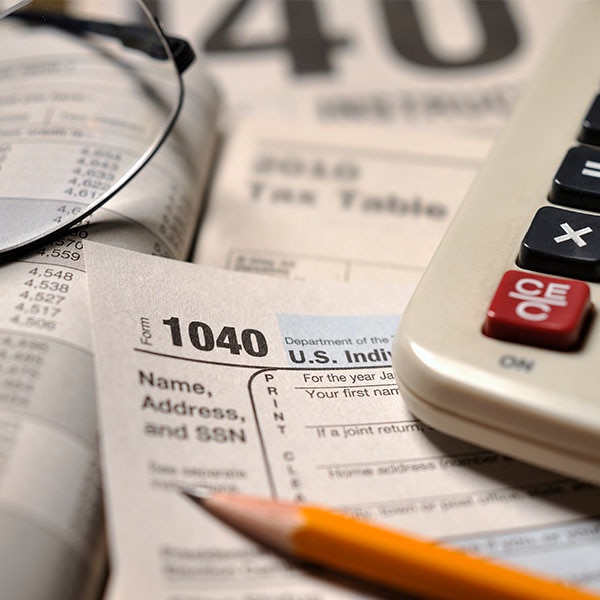
When we talk about financial wellness, we’re talking about trading debt and worry for security and financial well-being. It’s about knowing where you stand and having a plan to get where you’re going. Less about skipping lattes, more about taking small steps that keep you moving in the right direction. Our lives include celebrations and bills to pay. We want to help you do both.






